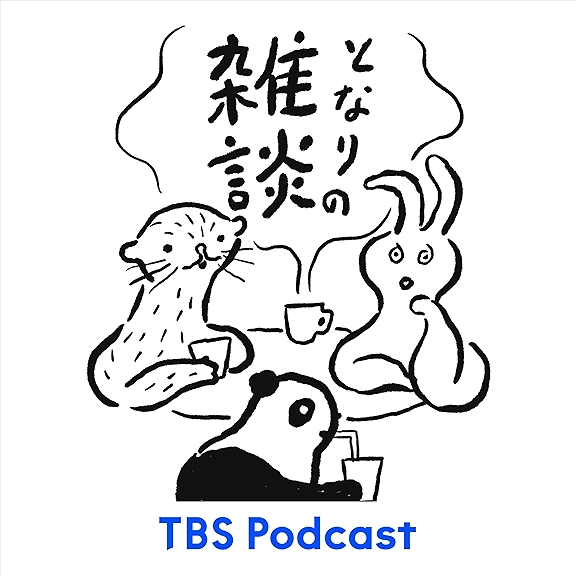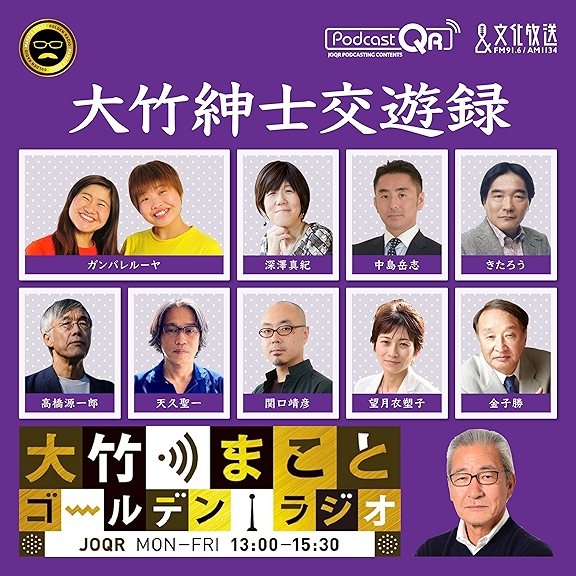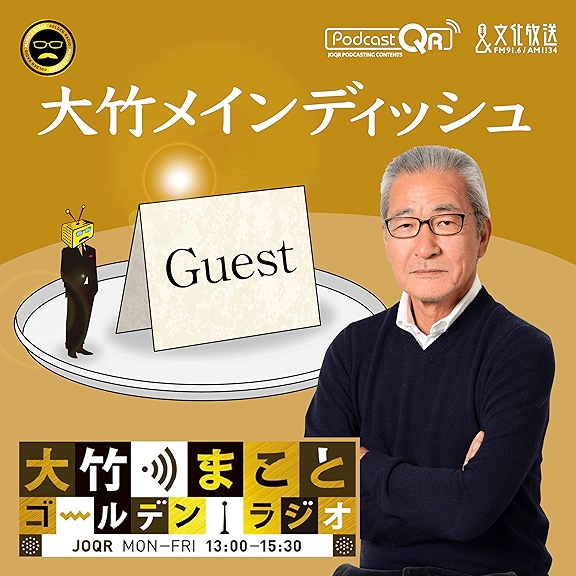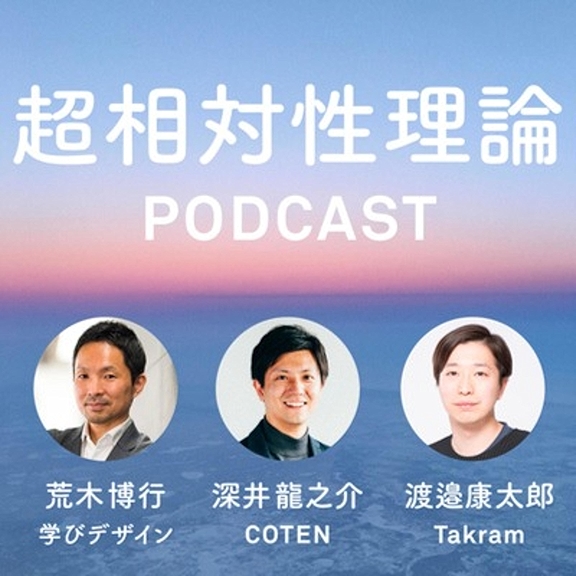
The Truth About People:
All people at all times have needs, problems, and vulnerabilities beyond their individual capacity to cope. That applies to me and applies to you. Fortunately, many if not most people are more or less self-sufficient. They have the means and resources to assure that their needs are met. They can normally resolve their problems. They can manage their vulnerabilities. Even so, they still require services and resources controlled by others.
Of course, the ability of people to manage, to cope with their reality, varies a lot depending where in the world they are and on local circumstances. Some of us are far better off than others of us. And therein lies the question. What level of responsibility do any of us have to provide for those of us who are unable to manage, unable to individually cope with our reality?
This same truism operates at levels beyond individual people. It’s a fact of life for families, organizations, and communities. It’s true for business from one-person enterprises to international corporations. It is a daily reality for governments from home owner associations to nations. At the most fundamental level, the inability to go it alone is the reason why these social, economic, and political constructs exist. The value of collective support, effort, and participation generally exceeds the value of the associated loss of autonomy and personal independence.
The Issue:
For many reasons and myriad circumstances, Some people and groups of people acquire and control significantly more resources and opportunities than other people. Concurrently, for equally numerous reasons and circumstances, some people neither acquire nor control adequate resources to successfully manage and cope with their reality. Just as this inequity applies to individuals, it also applies to families, communities, businesses, regions, and nations. This fundamental disparity prompts several questions that need answers from each of us, from each community, from each business, from each government, from each nation.
• What limits if any should there be on the level or amount of resources and control any one individual, family, community, business, organization, or government may possess?
• What if any rules or restrictions should be imposed on any one individual, family, community, business, organization, or government?
• What responsibility do individuals, families, communities, businesses, groups, networks, or other entities have to share their resources and control with entities outside their immediate domains?
• What authority or power should any government have to restrict, regulate, seize, or enhance the resources or control of people or entities within its jurisdictions?
• What responsibility if any does government have to protect people and other entities within its jurisdiction from risks and jeopardies within that jurisdiction – from outside that jurisdiction?
• What responsibility if any does government have to compensate for the inability of people and other entities within its jurisdiction to successfully cope with or manage their needs, problems, and vulnerabilities?
• What rights and entitlements do people and other entities have that cannot be limited, restricted, or interfered with through government action or inaction?
Policy and Politics:
The answers to these questions are policy and the process of answering these questions is politics.
Regardless of how rational and orderly governance and politics are in principle, they are not exempt from the forces and proclivities present within other entities including families, communities, businesses, other organizations, and among people more generally. Resources and control do not distribute evenly. Some politicians gain more resources and control than others. Some are more successful accruing power and influence than others. Some more successfully sustain their political careers than others.




















